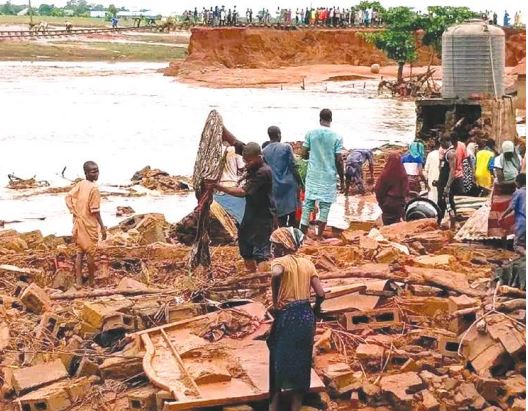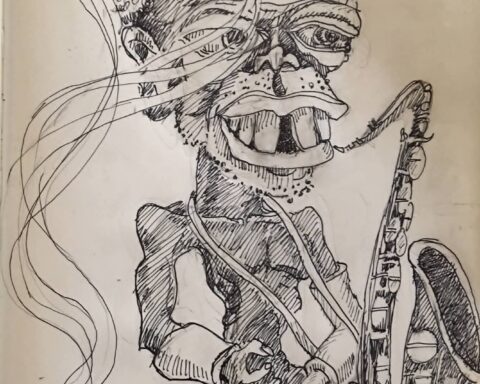The town of Yelwata, nestled along the border of Benue and Nasarawa states in Nigeria, had once been a place of relative peace. Farmers tilled the earth, traders filled the markets, and families gathered in the evenings under the fading orange sun. But beneath the calm, tensions simmered — disputes over land, grazing routes, and ethnic boundaries were like dry kindling waiting for a spark.
That spark came one humid evening in early June.
Witnesses recalled a sudden burst of gunfire echoing through the twilight. What began as a dispute between local farmers and herders quickly escalated into a wave of violence. In the days that followed, dozens were killed in what became known as the Yelwata killings — a grim manifestation of the broader crisis between farming communities and nomadic herders across the Middle Belt.
The police presence was slow to respond. Survivors told tales of entire compounds razed, children disappearing into the forests, and bodies left where they fell. Community leaders called for peace, but their voices were drowned by fear and anger.
Hundreds of kilometers to the west, the town of Mokwa in Niger State was facing a disaster of a different kind. Heavy rains had battered the region for weeks, swelling the River Kaduna far beyond its banks. On June 18th, the unthinkable happened — the water breached its embankments and surged into Mokwa.
At first, the residents watched the river creep up slowly, staining their fields and soaking the foundations of their homes. But overnight, the flood turned ferocious. Homes built of mud and timber were swept away. Livestock drowned. Hundreds were displaced as the town turned into a landscape of brown water and floating debris.
Local officials declared a state of emergency, but relief was painfully slow. Roads leading into Mokwa were impassable, and cell networks faltered. Aid workers struggled to reach survivors clinging to rooftops and makeshift rafts. Disease threatened to spread with every hour the water remained.
Though Yelwata and Mokwa were separated by distance and different causes of suffering — one by human conflict, the other by natural disaster — their fates were bound by tragedy. In both towns, the vulnerable bore the brunt of disaster. Children became orphans. The elderly lost everything. Families who once lived in modest peace now slept in open camps with nothing but stories of what had been lost.
Civil society groups and religious leaders began to raise their voices, urging the federal government to take meaningful action. “We cannot continue to mourn in silence,” said a cleric during a candlelight vigil in Makurdi. “Whether by flood or by bullet, our people are dying.”
The government pledged investigations and relief. But many feared that, as with past crises, promises would fade once the headlines did.
Yet amid the devastation, there were glimmers of resilience. In Mokwa, neighbors built rafts from salvaged wood to rescue trapped families. Young volunteers from Minna arrived with food and medicine. In Yelwata, displaced families began to organize vigilante groups to protect the remnants of their villages, while community elders met with peace advocates to prevent further bloodshed.
The tragedies of June 2025 would not be forgotten. They would leave scars — on the land, on the people, and on the nation’s conscience. But in the ruins, a question lingered: Could these twin calamities spark a new demand for accountability, unity, and proactive governance?
Only time would tell. But for Yelwata and Mokwa, healing had begun — slowly, painfully, but undeniably.
Follow us on all social media platforms @dailyquery for news and analyses around the globe.



























